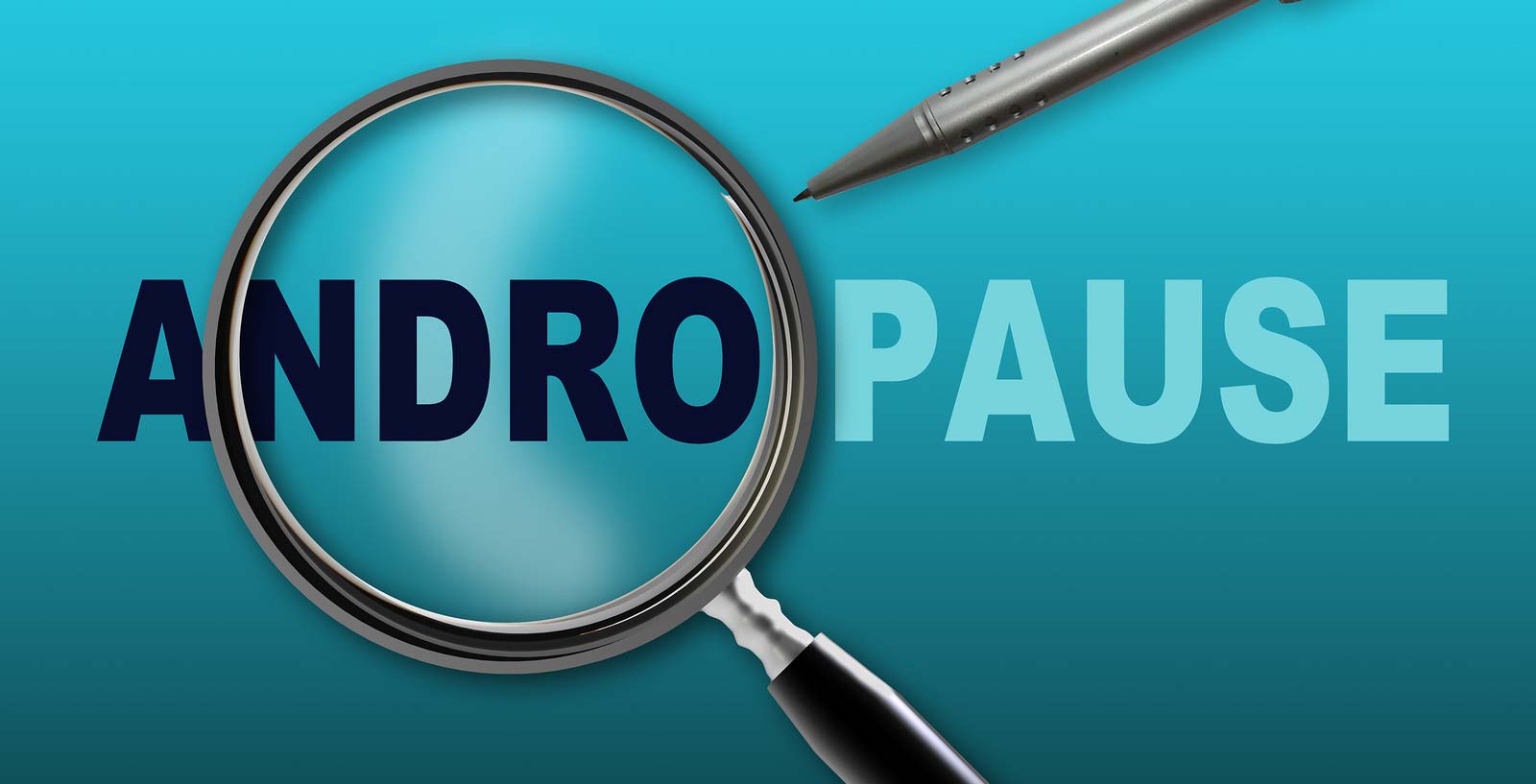If women have menopause, men have andropause. And just like women who go through menopause, men too experience symptoms that make life a little less enjoyable when they go through andropause. These include symptoms that are simply annoying to some that can be considered life-threatening if left alone.
The symptoms that come with this stage of a man’s life include lowered libido, lack of energy, erectile dysfunction, hot flashes, and an increase in body fat. You may also find yourself with mood swings, depression, being irritable, and losing muscle mass when this occurs. Apart from all of these, those going through andropause may also be prone to brittle bones and are at a risk of developing cardiovascular complications.
What Causes Andropause?
Andropause is basically the lowering of your testosterone levels. This is not the only cause of andropause however. Aside from lower testosterone production, the body also produces more SHBG, or sex hormone binding globulin. This pulls usable testosterone from your blood, which then decreases your bioavailable testosterone, which in turn results in andropause.
This lower level of usable testosterone in the blood means that other body parts that require this hormone won’t get enough of it. This is what causes the symptoms that men experience. This is what needs to be addressed, and there are many ways to cope with the effects of low testosterone.
Coping with Andropause Symptoms
When you find yourself experiencing some of the symptoms associated with andropause, and you are in your 50s, it might be a good idea to consult with your doctor to confirm your suspicions. Once you are tested and a diagnosis has been made, your doctor can offer you a number of options for dealing with the effects of low testosterone. Here are some of the possible treatments that you may find being offered to you:
HRT – hormone replacement therapy is one of the most commonly prescribed treatments for andropause. Bioidentical HRT begins with testing, a diagnosis, and the creation of a tailor-fit program that includes a nutrition plan, exercise program, and supplements that can help you return your testosterone levels to as near normal as possible.
Lifestyle change – not everyone is a prime candidate for hormone replacement therapy. Those who have breast or prostate cancer, have liver or kidney ailments, and are on blood thinners are not advised to go for such a treatment. For those who are not a suitable candidate for HRT, your doctor may recommend alternative measures or treatments, and a lifestyle change is one of them. When you undergo a lifestyle change, you will be told what foods are not ideal for you, what activities to indulge in, what habits to curtail, and what you need more of.


